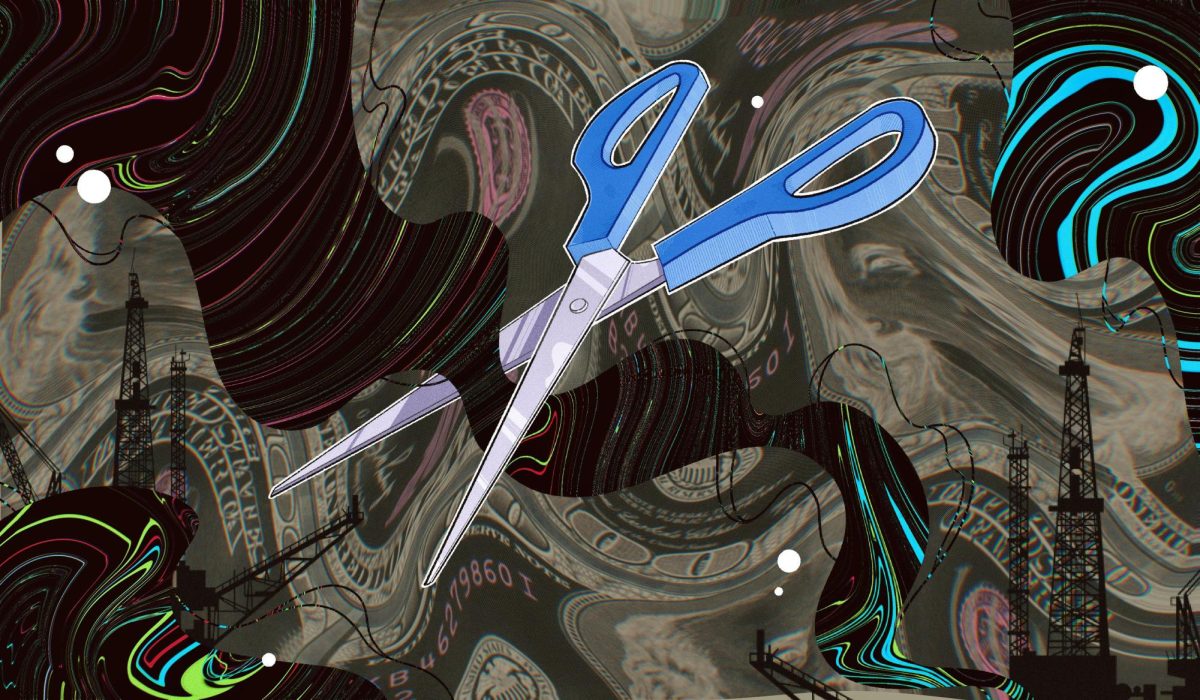On Oct. 24, UC Davis law student Raya Sarkar posted a list of 69 Indian male academics who — according to crowdsourced complaints — sexually harassed or assaulted women.
Infamously referred to by news outlet after news outlet as “the list,” the post was inspired by the Harvey Weinstein case, in which dozens of women in Hollywood openly reprimanded Harvey Weinstein for sexual misconduct. The #MeToo Facebook campaign arose in the aftermath, designed as a way to shed light on the pervasiveness of sexual offense — and it spread like wildfire. CNN reported that over 45 percent of people in the U.S. are friends with someone who made a post with the words ‘Me too.’
Sarkar created the list because the #MeToo campaign represents a shift towards open discussion about sexual offense and a growing readiness to believe the victim. The reaction to the list, however, has been entirely different than the hashtag. Indian feminists released a statement on Kafila, a collective focused on sociopolitical critique and engagement, widely criticizing Sarkar’s move. They demonstrated their concern that anyone can be added to the list without systems in place to validate these accusations, noting they “remain committed to due process, which is fair and just.”
This is a necessary response to the list. With no substantiated verification of these allegations, combined with the speed and range at which the list spread, the accused were highly exposed and suddenly questioned in the court of public opinion. Yet, by stating that the system is “fair and just,” the Kafila response circumvents the reason the list was created in the first place.
The list insinuates a striking lack of faith in the “fair and just” system. The justice system currently in place unreasonably interrogates women when they share their stories, demanding them to divulge every detail of their traumatic experiences through numerous and lengthy trials, all adding to the financial and emotional labor to the victims. This list is a response to a system that doubts and distrusts women, despite false complaints being far from the norm.
Furthermore, the list was created in an attempt to concretize and expand the whisper network — an informal network of women who recount their experiences with sexual harassment in order to protect themselves and other women. By expanding the concept of a whisper network to a public open forum, Sarkar’s attempt was driven by a laudable need to keep other women aware of these academics and their misconduct.
Finally, the list is an attempt to leverage the immense power of social media as a medium for protest. This is protest in the modern age; one person cannot protest an unjust system without calling it out. And, with no other means to protest, many women fall silent — internalizing their struggles and swallowing their trauma, as women have done throughout history.
Ultimately, Sarkar’s list embodies women’s collective solidarity and faith in each other, which is an important first step. But the problem still remains that women are tip-toeing around the accused men, performing significant labor to spread information and actively avoid the predators. To shift the burden onto institutions with capital and political power, we know it is not enough to rely on the justice system, which disproportionately favors powerful men. Thus, the question arises: how do we take the advantages of the whisper network — solidarity, trust in women’s word, quick outreach — and formalize the process such that the men on the list can face necessary repercussions without intensive work of the accusers?
In this case, the collegiate system can create a formal network to report abuse, perhaps connecting the victim to others who accused the same person in order to coordinate and enable an unequivocal public claim. A similar or conjoint system could be put in place to help the victim obtain necessary resources to ease the length and demand of the process. These systems could manifest as a hotline, union, and professional (and impartial) third-party association. In any case, rather than relying on an innately and deeply flawed system, or posting on Facebook with little to no repercussions for the men involved, we must develop systems to leverage the formality of justice with the ease of a whisper network.
Developing such an intensive network between victims in a community can also broaden the scope of those who speak out. While Sarkar’s list did not include the names and explanations of the accusers, it would be understandable that many women — particularly those of lower economic and social stability — did not reach out to Sarkar for fear of exposure. The creation of a professional body can maintain a formal confirmation of anonymity and a further reach in terms of who is included in the discussion. As more victims are encouraged to reach out for help, and the logistical overload and public shaming of victims starts to quell, we can eventually see real and necessary repercussions for the guilty.














